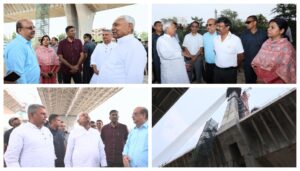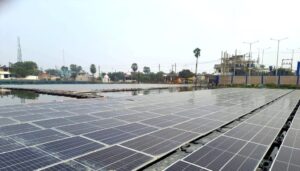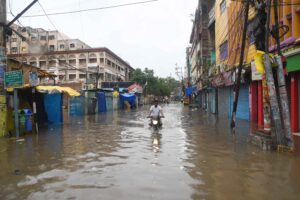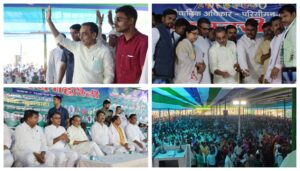BSPCB and WRI India Host Divisional Workshops for Climate Resilient and Low Carbon Development Pathway for Bihar
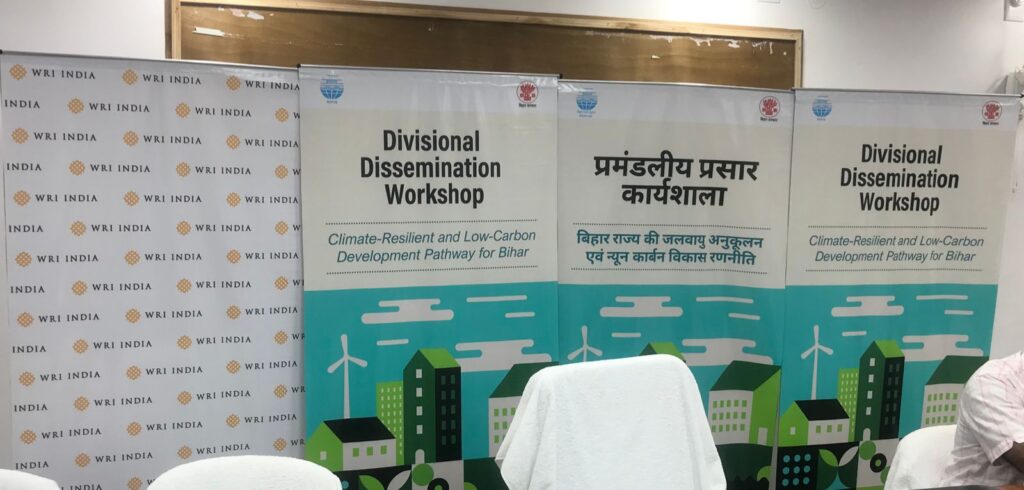
Patna: In light of the directives from Environment, Forest, and Climate Change Minister, Dr. Prem Kumar, during the review meeting on July 10, a series of dissemination workshop will be organized at the divisional level in Bihar. This initiative, in collaboration with the Bihar State Pollution Control Board and WRI, aims to enhance the capacity of stakeholders to implement climate-friendly and low-carbon development methods effectively.
The workshops will be held sequentially across all nine divisions of the state. The first workshop is scheduled for Tuesday in the auditorium of the Darbhanga Collectorate. Subsequent workshops will take place on July 18 at the divisional headquarters in Purnia and on July 19 at the divisional headquarters in Saharsa.
These workshops aim to expand the capacity of government officials, research institutions, subject matter experts, academicians, social organizations, local non-governmental organizations, semi-governmental organizations, and citizen groups. The goal is to implement climate-resilient and low-carbon pathways in Bihar effectively.
According to “The Climate Vulnerability Assessment Report for Adaptation Planning in India,” 14 of India’s 50 most climate-vulnerable districts are in Bihar. This state faces numerous natural disaster risks, making climate change adaptation essential in its economic development plans. Bihar aims to create a low-carbon model of employment and prosperity, leveraging new technology and economic paradigms while benefiting the environment and local residents.
Bihar is committed to contributing to India’s goal of becoming a net-zero emission country by 2070. Over the past two and a half years, the Bihar State Pollution Control Board has collected information from over 20 departments, with technical assistance from the United Nations Environment Programme, WRI India, and other organizations. They visited all 38 districts and held more than 350 meetings and over 30 consultation programs with stakeholders.
The result is a comprehensive state-level strategy document titled “Climate Resilient and Low Carbon Development Pathway for Bihar.” This document outlines the state’s climate protection efforts, combining adaptation and mitigation measures to create a sustainable and prosperous future for Bihar.

